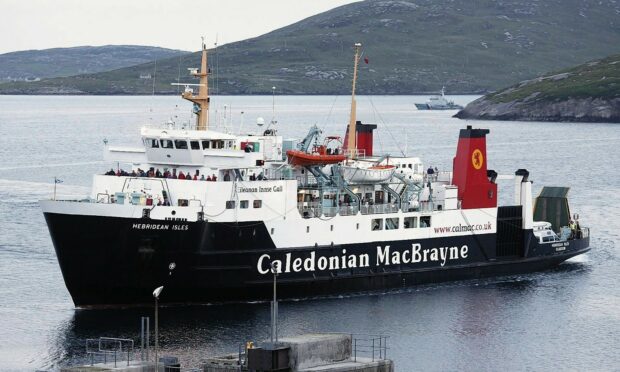A dispute has erupted between the RMT union and ferry operator CalMac after pay negotiations broke down.
RMT confirmed that the matter is now a formal dispute “due to the failure of the company to table an acceptable offer”.
The ferry operator has expressed “dismay” and “disappointment” over the decision and pointed out the deal was above public sector average.
CalMac made a final offer of 1.8% each year of a two year proposed deal. However the union said this was the August 2016 retail price index inflation figure. Most analysts are currently forecasting inflation will rise to between 2.6% and 3.3% by the end of 2017 which means staff pay will fall behind the cost of living.
The company informed the trade union that they would no longer be paying the bonus, which has been paid at an established rate of up to 1.5%, if the company makes a profit.
Management also informed the negotiating team that senior managers and directors will continue to receive a bonus.
The two parties recently campaigned together to keep the west coast ferry services in public ownership in the face of competition from Serco.
CalMac was named preferred bidder for the £1 billion contract in May.
RMT general secretary Mick Cash said: “It’s clear to everyone that RMT members played a huge role in the campaign that led to CalMac beating off the attempt to wrestle the life-line ferry services away from them. These pay and bonus proposals from management are a kick in the teeth for those loyal and dedicated RMT CalMac members and will be resisted by all means necessary.”
CalMac managing director Martin Dorchester said: “We are very disappointed that the RMT have taken this decision after we worked so hard together to win the new eight year contract to run the Clyde and Hebrides Ferry Service contract.
“Any moves to disrupt services would be a huge let down for all the people who rely on our services and who backed CalMac staff so vocally and enthusiastically during the tendering process.
“I would urge trade union members to think carefully about the damage any potential industrial action will have on the communities they serve and are part of. This is a road no one wants to go down just as we are about to start rolling out new innovations that will improve services for all over the long term.”
